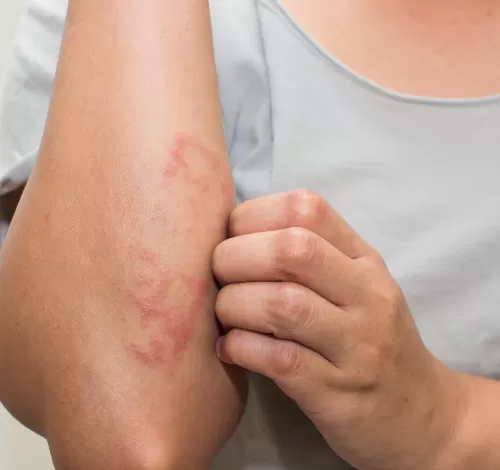Effective Solutions for Atopic Dermatitis
Atopic dermatitis, often referred to as eczema, is a chronic skin condition that causes inflammation, redness, and itching. Finding the right treatment can significantly improve the quality of life for those affected. Here, we explore various solutions for managing atopic dermatitis effectively.

Atopic Dermatitis Treatment
Treatment for atopic dermatitis typically includes a combination of medications, topical creams, and lifestyle changes. A dermatologist can help tailor a treatment plan based on the severity and triggers of your eczema. Regular moisturizing, avoiding irritants, and using prescription treatments are often effective steps.
Atopic Dermatitis Medication
Medication plays a vital role in managing atopic dermatitis symptoms. Anti-inflammatory medications, antihistamines, and corticosteroids are commonly prescribed to reduce itching and inflammation. These medications can provide relief but should be used under medical supervision.
Dupixent for Atopic Dermatitis
Dupixent, an FDA-approved biologic, has been a breakthrough for treating moderate to severe atopic dermatitis. It works by targeting specific proteins in the immune system that contribute to inflammation, providing long-lasting relief for many individuals. Dupixent is typically recommended when other treatments are ineffective.
Atopic Dermatitis Creams
Topical creams are a cornerstone of atopic dermatitis management. These include over-the-counter hydrocortisone creams, prescription steroids, and non-steroidal options. Moisturizing creams and ointments help to maintain skin hydration, which can prevent flare-ups and reduce irritation.
Biologics for Atopic Dermatitis
Biologics are an advanced treatment option that targets the underlying causes of inflammation in atopic dermatitis. Unlike traditional medications, biologics like Dupixent work on the immune system to prevent the condition from worsening. They are particularly beneficial for those with severe eczema.
Finding the right combination of treatments can make a significant difference in managing atopic dermatitis. Consulting a dermatologist and exploring options like biologics, Dupixent, and targeted creams can help you achieve healthier, more comfortable skin.

